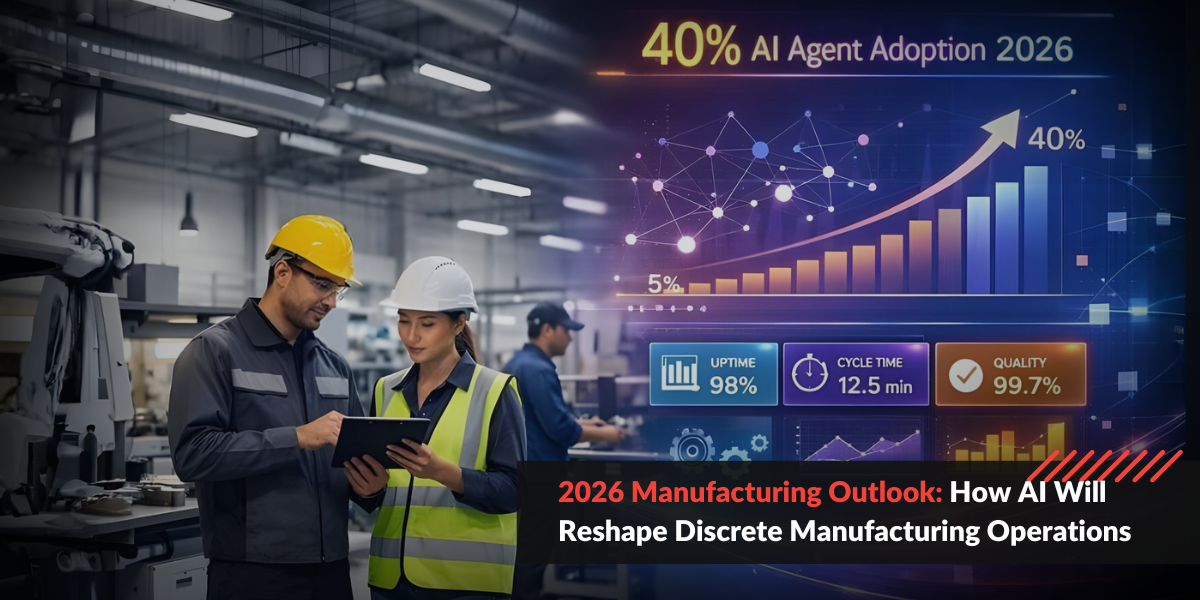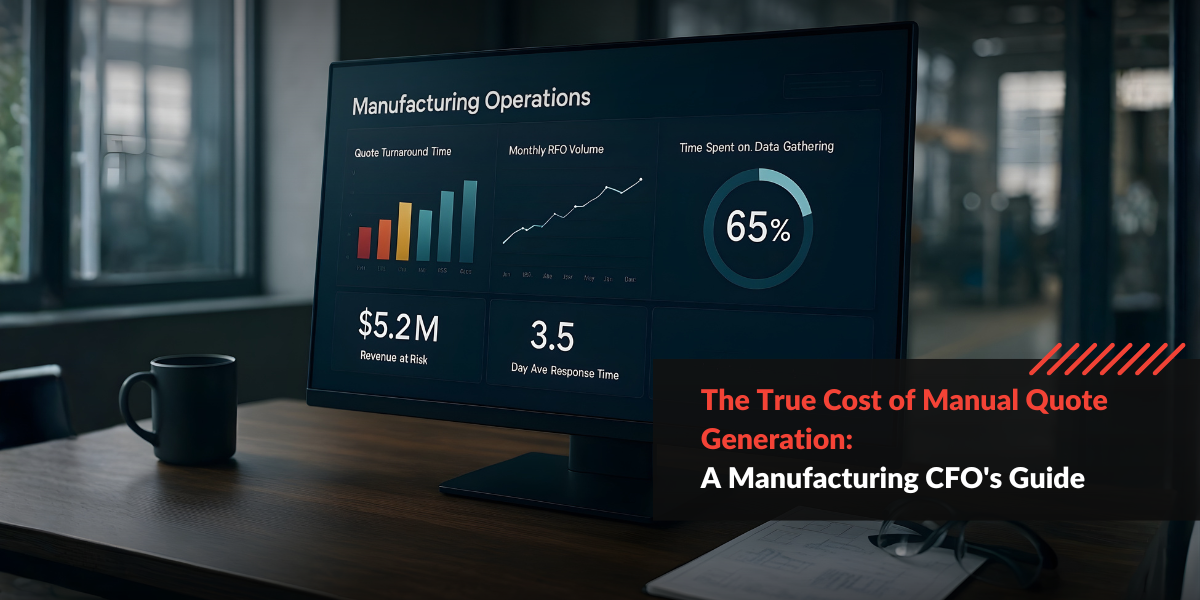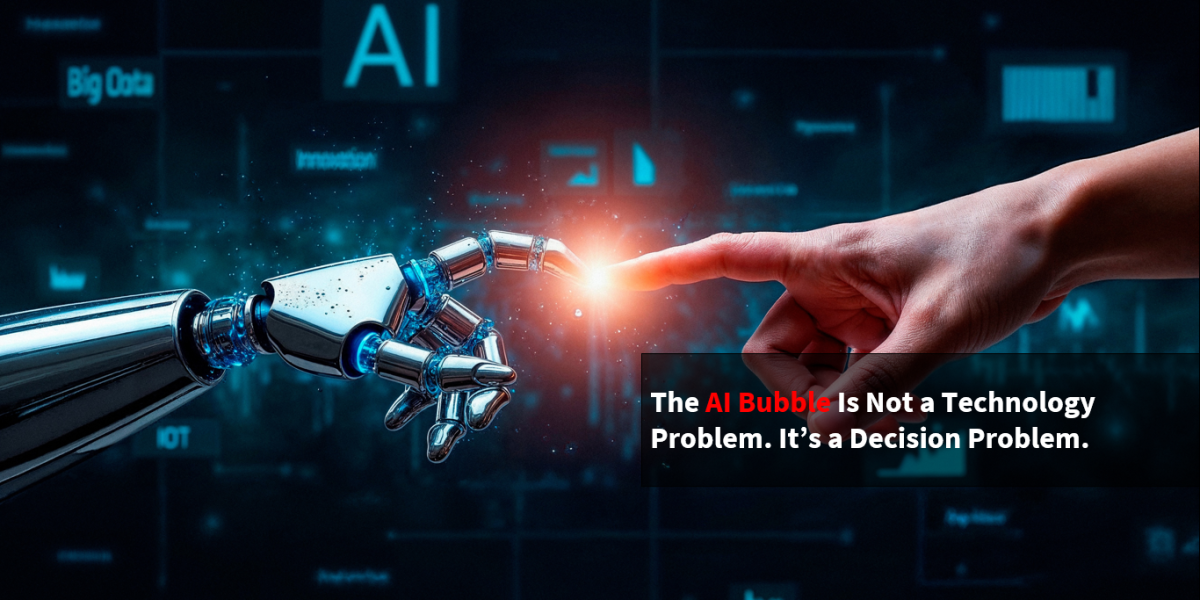Forward-thinking CIOs are championing AI to make their strategic influence more impactful like never before. Where once perceived as primarily focused on infrastructure needs, CIOs are taking central roles in catalyzing emerging technologies to open new growth prospects across the enterprise.
Make no mistake, foundational technological governance remains crucial. Yet the remit of CIOs is expanding to also educate, inspire and steer the cultural change required to fully harness new innovations like AI Automation – working hand-in-hand with business leaders on everything from new business models to customer experience reinvention.
The outlook has never been brighter for CIOs ready to lead this change. As organizations increasingly compete on digital capabilities, CIOs face a tremendous opportunity to showcase how AI Automation can transform operations, analytics, customer engagement and product development. This uplifting journey demands optimism, vision and flawless execution – fortunate then that today’s CIOs are more strategically positioned than ever before to drive an enduring competitive advantage.
Overview of AI Automation Technologies
AI automation encompasses a broad spectrum of technologies that combine artificial intelligence, machine learning, and automation tools to perform tasks that typically require human intelligence. These technologies include natural language processing (NLP), robotic process automation (RPA), machine learning algorithms, and predictive analytics, among others. By automating complex processes, AI technologies are enhancing operational efficiency, reducing errors, and freeing up human employees to focus on more strategic tasks.
The Shift Towards Viewing AI as a Strategic Partner
The perception of AI automation is undergoing a significant shift. While initially adopted for its ability to streamline operations and reduce costs, AI Automation is now recognized as a strategic partner capable of driving innovation and creating new business opportunities.
Companies are moving beyond using AI for operational efficiency to harness it to develop new products, enter new markets, and redefine customer experiences. This strategic partnership with AI is enabling businesses to not only improve their current operations but also to innovate and stay ahead in a rapidly evolving competitive landscape.
This evolving perspective reflects a deeper understanding of AI’s potential—not just as a tool for efficiency but as a catalyst for transformation. Business leaders are increasingly viewing AI automation as integral to their strategic planning, recognizing its ability to unlock new avenues for growth and competitive advantage.
Recognizing AI automation as a present-day imperative rather than a distant future possibility is crucial for capturing its full potential in driving business success. Let’s refine the message to emphasize AI automation’s current impact and strategic importance under the stewardship of CIOs.
Why CIOs Must Take the Helm
The call for CIOs to take the forefront in AI automation is driven by the necessity to integrate AI deeply and strategically within the organization’s fabric. CIOs have the insight, influence, and the interdisciplinary knowledge required to ensure AI initiatives align with broader business objectives and drive genuine innovation. Their leadership is pivotal in cultivating an AI-ready culture, one that embraces change, values data-driven decision-making, and fosters continuous learning and adaptation.
In navigating the complex landscape of AI integration, the insight from Gartner’s distinguished VP Analyst, Mary Mesaglio, offers a profound perspective: “A technology decision is not just a technology decision anymore. It is a technological, economic, social, and ethical decision all at once,” emphasizing the multifaceted implications of AI adoption. Mesaglio’s call for CIOs and IT leaders to adopt “lighthouse principles” underscores the necessity of a visionary approach to AI Automation—one that clearly delineates the acceptable boundaries of human-machine interactions within their organizations.
AI Automation as a Current Strategic Asset
AI automation is already revolutionizing industries by streamlining complex processes, enhancing decision-making, and creating new customer experiences.
CIOs must view AI automation through the lens of strategic advantage, identifying areas where its application can immediately impact business outcomes.
Whether optimizing repetitive, high data entry processes, automating back-office operations, or enabling financial processes, AI automation offers tangible benefits that CIOs are uniquely positioned to capture.

Empowering Decision-Making with Predictive Analytics
AI automation’s true value for CIOs lies in its ability to enhance decision-making capabilities. By integrating predictive analytics, CIOs can transform vast data landscapes into actionable insights, foreseeing market trends, customer behaviors, and potential disruptions. This forward-looking approach not only sharpens strategic planning but also positions CIOs as pivotal players in guiding their organizations through uncertain futures with confidence.
Spearheading Customer-Centric Innovation
CIOs have a unique opportunity to lead customer-centric innovation by harnessing AI automation. By analyzing customer data and feedback in real-time, AI can uncover new customer needs and preferences, guiding the development of innovative products and services tailored to meet those demands. This proactive stance on innovation ensures businesses remain relevant and competitive, creating a sense of urgency among CIOs to adopt AI-driven strategies or risk falling behind.
Fostering a Digital-First Culture
The journey toward digital transformation is as much about technology as it is about people. CIOs can use AI automation to champion a digital-first culture within their organizations, encouraging continuous learning, adaptability, and collaboration across teams.
By demonstrating how AI tools can augment human capabilities, CIOs can alleviate fears of displacement and inspire their workforce to embrace new ways of working. This cultural shift is crucial for organizations aiming to thrive in the digital age, creating a compelling case for CIOs to lead by example.
Architecting a Resilient Digital Ecosystem
In an era where digital ecosystems define market leadership, CIOs can leverage AI automation to build resilience into their IT infrastructures. AI-driven solutions can anticipate and mitigate risks, ensure seamless operations, and enable rapid recovery from disruptions. By prioritizing the development of a resilient digital ecosystem, CIOs not only safeguard their operations but also provide a competitive advantage that is difficult to replicate.
Cultivating a Culture Ready for AI Automation
In an era where AI automation is already making significant inroads into business operations, fostering an organizational culture that understands and embraces this technology is essential. CIOs must lead the charge in promoting AI automation literacy across all levels of the organization.
Through targeted education initiatives and hands-on exposure, employees can better appreciate AI automation’s role in enhancing their work, leading to broader acceptance and more innovative applications of AI technologies.
Direct Impact of AI Automation
AI automation transcends traditional operational roles, enabling businesses to anticipate market changes, tailor customer experiences, and pioneer new products and services. It’s a tool that’s already reshaping the competitive landscape by allowing businesses to not just optimize existing processes but to explore and create new markets and value propositions.
The journey with AI automation is not just an opportunity; it’s an imperative. It’s time to move beyond the confines of traditional IT leadership and embrace the role of strategic innovators. The tools and technologies at your disposal are powerful, but the vision and direction must come from you. Here’s a comprehensive 5-Step guide to come up with an effective strategy.
Seize the moment to shape the future of your organization with. Lead with courage, innovate with purpose, and empower your teams to explore the full potential of AI automation. The future doesn’t just happen—it’s built by the decisions you make today.




